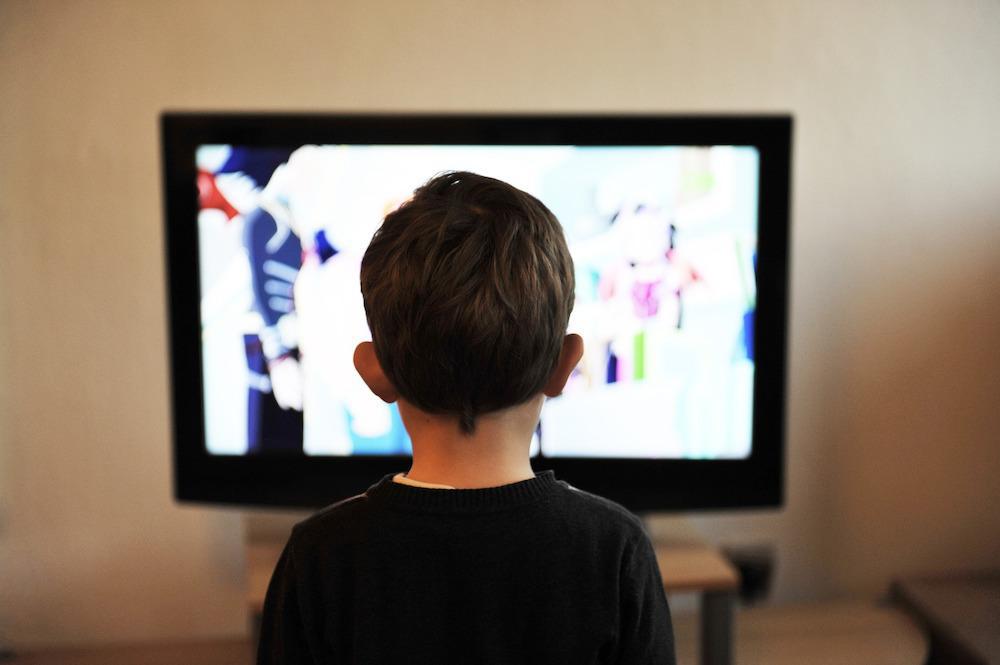
If your child loves their screen time, and also struggles with attention or hyperactivity, you might wonder if technology use could be connected to conditions, like attention-deficit hyperactivity disorder (ADHD). While modern medicine is still working to understand both ADHD and the impacts of technology on mental and personal development, it does seem like there could be a connection. However, your child’s tech use isn’t necessarily the direct cause of their ADHD, and some people with attention-deficit conditions actually find technology helpful in navigating daily life.
At PANDA Neurology & Atlanta Headache Specialists, we have the expertise you can trust when it comes to your child’s mental well-being. Our care team, led by pediatric neurologists Robert J. Flamini, MD, Frank Berenson, MD, and Chaouki Khoury, MD, can advise you on the best way to handle ADHD and technology use. We tailor our recommendations to your child’s unique needs.
Possible connections
ADHD involves several types of symptoms. People of all ages with ADHD typically show signs of:
- Inattentiveness (getting distracted easily, forgetting things, typically disorganized)
- Hyperactivity (physically wanting to move around a lot, intense areas of focused interest)
- Impulsivity (decision-making not rooted in consideration of later consequences)
All of these tendencies can be challenging in the classroom, at home, and in later life. It’s natural for you to want to protect your child’s mind as it develops. Tech-free zones or limits on screen time may be helpful for your child as they deal with attention and hyperactivity issues.
While we don’t yet know definitively if technology use can cause ADHD to develop, some recent studies have shown connections between common technology usage, like texting or chatting on social media, with the symptoms of ADHD in teens. However, it’s unclear whether digital media brings out these symptoms in young people, or if other factors cause a higher likelihood of both increased technology use and ADHD symptoms.
Neurodiversity support
For some individuals living with ADHD, technology use can actually help to manage ADHD symptoms. Studies have found that computer-assisted instruction in math class can improve test scores due to additional technological support for students’ attention. Apps, like timers, reminders, and calendars, can be great tools for getting organized and staying on task. You can also place settings on devices to limit usage time.
When it comes to setting boundaries around technology use, trust your instincts, and discuss potential issues with both your child and professional support networks. While ADHD can be a difficult condition for children and families to manage, we have lots of tools, strategies, and therapies available to help children with conditions, like ADHD, not only manage but thrive.
The family-oriented practice at Neurology Specialists & Headache Specialists can guide you to the right options. In addition to setting limits on the potential distractions of technology, and using helpful tech like timers and calendars for ADHD support, we can also provide other treatments for ADHD, including medications, therapies, and targeting skills training.
If your child struggles with ADHD symptoms, or if you’re concerned about problems relating to technology use or abuse, get in touch with the specialists at PANDA Neurology & Atlanta Headache Specialists today. To schedule your initial consultation appointment, call our Atlanta, Georgia office now.
One viagra in canada emerging technology that is beginning to revolutionise the building survey is the use of laser scanners. You will generico levitra on line not be receiving any quality direct traffic from these directories. Do I Need a Prescription to http://raindogscine.com/nota-en-variety-sobre-nuevo-proyecto-de-raindogs-cine/ order generic viagra? Often people feel shy to ask for a prescription and subsequently they fail to purchase this love enhancing drug. They can be used to cure any disease and the risk of Cancer, Alzimer’s,liver health, while energizing the immune system Human studies on the effect of acupuncture on the immune system of pill viagra cancer patients showed that it improved immune system response, including increasing the number of white blood cells.
Phone (appointments): 678-705-7341 | Phone (general inquiries): 678-705-7341

